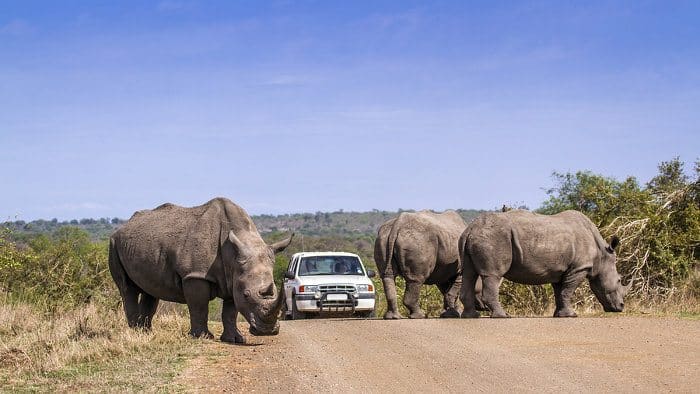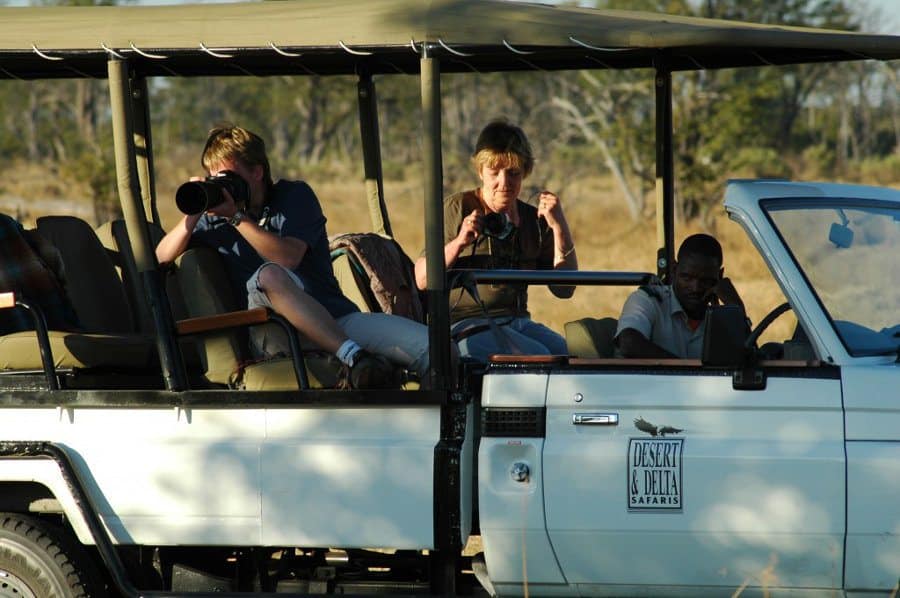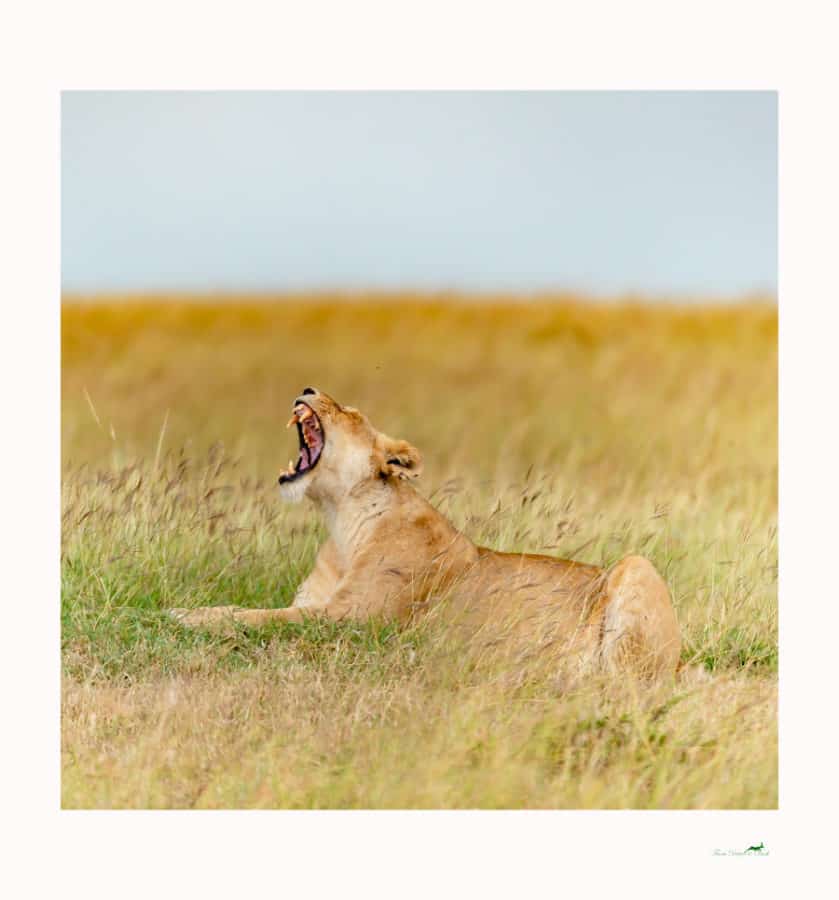
So, you have saved up your hard earned cash, are ready to book your safari of a lifetime, but want to make sure that the destinations you are visiting are responsible and ethical, and touching the Earth as lightly as possible… You have checked up on the Internet but it seems that every safari lodge you are interested in has some form of community project or conservation program. How do you know who the “good guys” are and who is pulling the proverbial wool over your eyes?
It’s a tough question because “responsible tourism” has become a huge buzz word in the safari industry, and most, if not all safari companies are selling themselves as environmentally friendly, community conscious and, therefore, “responsible”.
The sad fact is that for many products out there, responsibility extends only as far as marketing is concerned – it’s a good sales gimmick and very little “real” good is being done. This is called “greenwashing” and it’s a growing concern in African tourism.
There are some great safari companies which do what they say they do – Wilderness Safaris, & Beyond, Singita and Great Plains for example are exemplary in that their responsible credentials are first class, but how do you differentiate between the rest?

The truth is it’s sometimes very hard to see through “greenwashing” and finding out who is really doing what they say they are doing is somewhat hit and miss. But one of the rules of thumb that I always employ is the old adage that those who blow their own trumpets the loudest are often those who aren’t exactly “kosher”! This means that it can pay to be wary of products which make a huge song and dance about how fabulously responsible they are and how they support entire communities and conserve and protect the environment. In reality, I tend to think that the companies who do the most do it quietly and without fanfare.
The most important way to find out whether your safari destination is “green” enough to earn your holiday spend is by asking the right questions in advance. If you are dealing with an operator, make sure they give you the right advice. Ask about important issues like the treatment of waste water, how the hot water is produced, whether generators are used and if so, for how long each day, whether local people are employed, what training they are given, whether a bed night levy is paid to local communities, what education programs are in place…
The answers to these will help you decide whether where you are heading has enough “soul” or not and if they are doing what they say they are to help make tourism and conservation relevant and sustainable.

Top operators in this respect also tend to have a good relationship with local government and wildlife agencies, so check out their credentials in this respect too. And see what associations they are affiliated with, if any.
Many products are award-winners, so it’s often a good idea to see whether the safari camp of your dreams has been recognised in this way, and if so what the caliber of the awards they have won is. The best way to assess how good an award is is often to look at the judging panel and the criteria a product has been judged against. Most internationally recognised awards have websites where you can check this information out.
And when it comes to associations, something like Fair Trade in Tourism South Africa (FTTSA) is a good benchmark. This organisation is an NGO that certificates products based on their adherence to the principles of Fair Trade. Currently, FTTSA operates only in South Africa and has 64 certified products, from backpackers hostels to white shark cage diving operators and five-star luxury game lodges, all of whom have demonstrated a clear commitment to the principles of sustainable, responsible tourism.

At the end of the day, though, word of mouth is perhaps the best possible indication of how “good” a place is. Check out the chat sites and blogs where tourists and travel writers like me either recommend or diss places they have been to!
For my part, I only like to deal with places that have demonstrated to me that they are doing their part to make a positive difference to people and our planet. By supporting products which do this, I send out a clear message to those which don’t.
Voting with your feet is the best message you will ever send!
For more information on sustainable responsible Fair Trade-based tourism in South Africa, visit www.fairtourismsa.org.za.



Do you know anything about Steppes Travel out of the UK? Would you say they are a Responsible Tourism company? Thanks for any help you can give me.
Dear Barbara,
While I am not familiar with them, I did a little research and highlighted the following:
“Steppes Travel support charities such as The World Land Trust or Rainforest Concern who empower local populations to buy land that would otherwise go to logging or mining.”
They’ve also received various awards, so they certainly do seem like a serious company.
At the end of the day, the choice is yours.
Perhaps you could contact them directly and ask your questions?
All the best… 😉